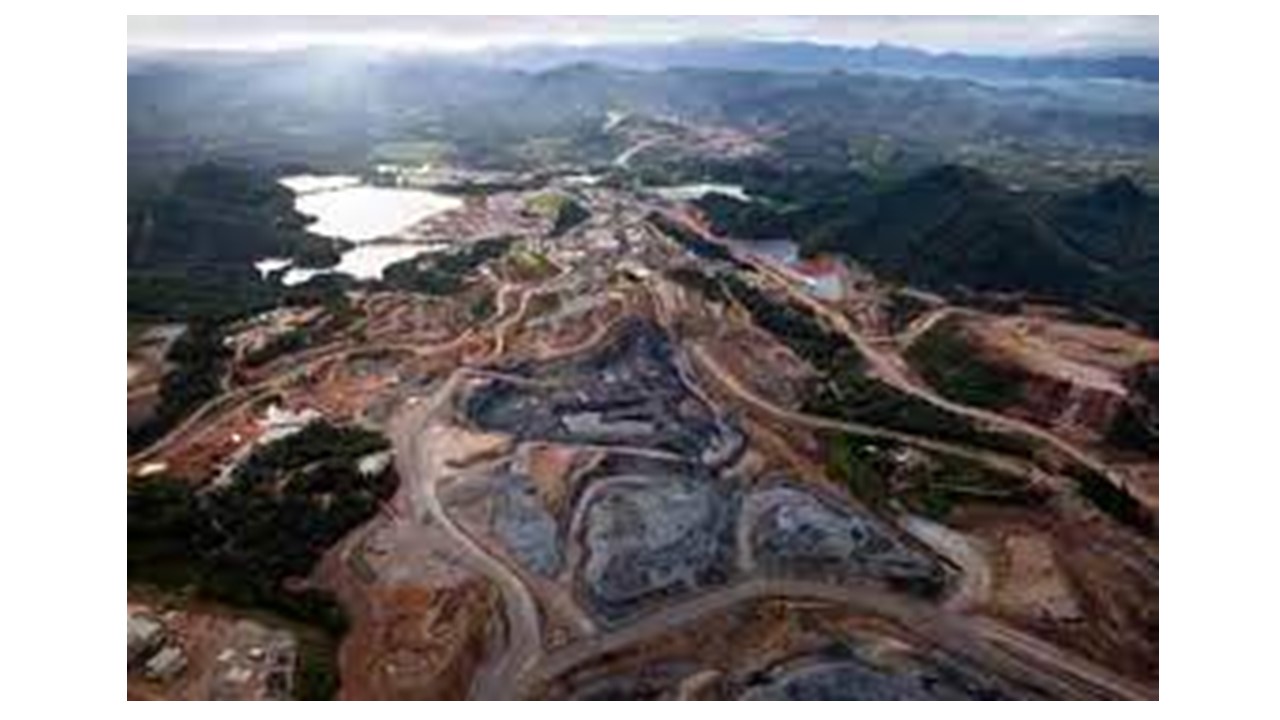“Illegal blockage” reduces Minera Panamá processing capacity

Minera Panamá, a subsidiary of the Canadian mining giant First Quantum, reported Monday that it began to reduce its mineral processing capacity.
In a statement, the concession company for the Cobre Panamá project alleged that the reduction in operations is due to an “illegal blockage” caused by small vessels in the mine’s Punta Rincón port, in Colón.
“Illegal actions at the port have affected the delivery of supplies to the power generation plant, which is necessary for full operation and for the safe management of the environment, including the operation and maintenance of the tailings management facility. In addition, illegal actions have hindered the loading of copper concentrate on ships,” the company details.
Beyond the specific effects of the closures, First Quantum has lost more than 40% of its value since President Laurentino Cortizo called for a public consultation on the mining contract. His shares have plummeted while mining activity faces fierce opposition from citizens, environmental groups, indigenous peoples, and unionized workers.
There is widespread discontent over the approval of the contract, the terms reached, and the possible irreparable environmental damage during the term of the agreement, for 20 years, extendable.
“In the event that normal activities at the port are not restored, the decrease in mineral processing at Cobre Panamá will have a direct impact on more than 7,000 employees and contractors, as well as another 40,000 people whose livelihoods directly depend on the provision of services to the mine,” the company said.
Minera Panamá detailed that they are adopting a “systematic and responsible approach to adjust their operations based on these circumstances.”
Currently, there are nine unconstitutionality lawsuits filed in the Supreme Court of Justice against Law 406, of October 2023, which renewed the contract between Minera Panamá and the Panamanian State. At the same time, various groups in the country maintain their protest actions rejecting the contract, which has generated a social crisis.
Street closures, clashes, and riots in the country have resulted in the death of 4 people and more than 1,000 detainees.





